It’s payday and the UberEats app installed on your smartphone starts popping up mind-boggling offers on your favorite food joint!
You instantly click on the app. You start exploring mouthwatering gastronomic options available at attractive discounts and finally narrow down upon one. You order the dish and the food is delivered to you at your doorstep within a few minutes!
You wonder how UberEats magically read your mind about you craving for some tasty treats from your favorite diner, that too on the first day of the month when you have your pockets full! Well, that’s the magic of a smart AI-powered recommendation engine.
A recommendation system is a software that basically filters data inputs from your end, analyses the inputs and delivers an accurate predictive assumption based on your likes and dislikes.
In this case, the recommendation system of your food delivery app did a good job by tracking down the entire range of activities from the time you opened the app till the time you closed it. Everything from your browsing history, past purchases, time of order etc was analyzed to zero down on an almost accurate assumption that was sure to attract your attention.
The end result? You just ordered “Pizza Margherita” from your favorite Italian joint, just as the food delivery app had recommended!
For the last 4-5 years, recommender systems are witnessing a rapid surge in terms of popularity in the digital space. The above-mentioned example illustrates its use in the online food delivery industry. However its use case can be traced across multifarious domains like VoD/AoD platforms, e-learning, e-commerce, lifestyle and so on and this trend is likely to continue in the future.
Name any big e-commerce company- Amazon, eBay or Alibaba – all are thriving on their proprietary recommendation algorithms for scaling personalization and improving customer satisfaction. How are they doing it? All your questions will be answered in this blog.
Take YouTube into consideration- if you like watching video content on organization hacks on YouTube, it will curate a whole list of organization-related content on its homepage for you. Hence, by exploring more content of your genre of interest, you are likely to come back time and again on YouTube and increase engagement.
Now, let us take a closer look at their real world applications of recommendation systems, that is, how they are being used by major companies across all domains.
Role of Recommendation Engine in Audio Streaming
Audio streaming platforms may have loads of content, but narrowing down on one after browsing though millions is a tedious task.
Imagine yourself landing upon a random audio streaming platform where you are bombarded with thousands of songs being released every week. You are bound to get confused as you will not be able to choose from the entire collection that has songs from practically all existing genres on the planet.
What an efficient AoD platform does is, it integrates a smart AI-driven recommendation engine that keeps track of your listening trends and comes up with a tailor-made playlist, every week or month, that you are most likely to listen to based on your music preferences.
Example: consider Spotify, the music streaming giant. Its AI-powered recommendation engine updates a personal “Discover Weekly” playlist to help its users not to miss a single newly released track by their favorite artists
According to Spotify’s Matt Ogle “With Release Radar, we wanted to create the simplest way for you to find all the newly released music that matters the most to you, in one playlist.”
An AI-powered recommendation engine like Alie uses machine learning and both content-based and collaborative approach to filter consumer choices and activities. Integrate Alie to your audio/video streaming platform to deliver personalized content recommendations to your customers.
How are recommendation engines being used in video streaming?
Now, let’s take VoD behemoth Netflix into consideration. Netflix has such an amazing predictive knowledge about which genre of movies or series you are likely to watch next that as a loyal customer of Netflix, you would never want to unsubscribe and switch over to its competitors. Netflix uses its recommendation system to bank on customer retention, its biggest ROI being the regular flow of a recurring subscription model.
‘‘If we create a more compelling service by offering better personalized recommendations, we induce members who were on the fence to stay longer, and improve retention.’’
Anyone would agree with this fact, right? As a subscriber of Netflix, would you like to switch to any other VoD platform when you are more than happy with the kind of content Netflix is constantly feeding you using its smart recommendation system? Well, the answer is no.
Even YouTube has a powerful recommendation system that uses sophisticated algorithms to filter content based on user browsing history, search terms, age of videos, etc. Unlike Netflix, YouTube is completely free and relies heavily on advertisements and hence devised a recommender system that matches relevant ads based on historical data.
e-Commerce and Recommendation Engine
Recommendation systems are most utilized in the e-commerce sector. Online stores bank on modern recommendation systems that uses sophisticated algorithms to filter data based on the buyer’s buying choices.
Take the example of retail giant Amazon. Findings of a recent survey show that 35% of Amazon.com’s revenue is solely generated by its recommendation system. Amazon uses DSSTNE, an open-source deep learning software for driving recommendations to its e-commerce site.
Recommendations are used as a marketing tool and Amazon uses different types of recommender systems to achieve this. Firstly, they target items lying in your cart and suggest related items that are ‘frequently bought together’.
It also has “Top Categories for You” tab which lists down broad categories like home decor or electronics, based on your browsing history.
Alibaba Group, another e-commerce giant, single-handedly dominates China’s e-commerce market through its trusted recommendation system. What makes this company stand out from the rest is its AI-powered recommender system which can receive data points from a new customer’s purchase history elsewhere and match it with similar products available in their own platform.
Alibaba makes product recommendations to its customers based not only on past transactions but also on product feedback, bookmarks, browsing history and geographic location.
Conclusion
Companies across multifarious domains are beginning to implement and constantly update their recommendation engines to better customer satisfaction, user engagement and drive sales. A robust AI-powered recommending system is the key to personalized user experience.
Do you want to boost your online business and make it more personalized?
Consider Alie, an AI-powered adaptable recommendation engine that uses advanced algorithms to make real-time recommendations.
Take a free trial of Alie for 14 days, absolutely free!
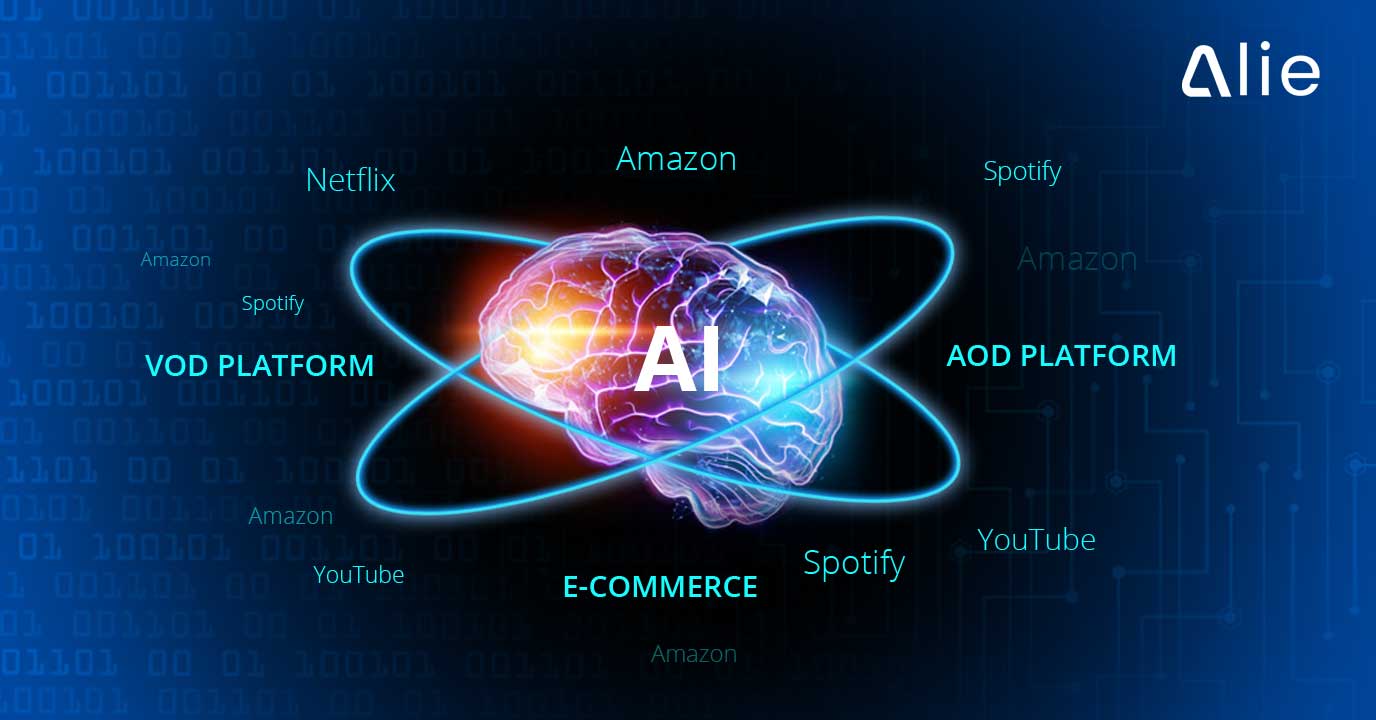


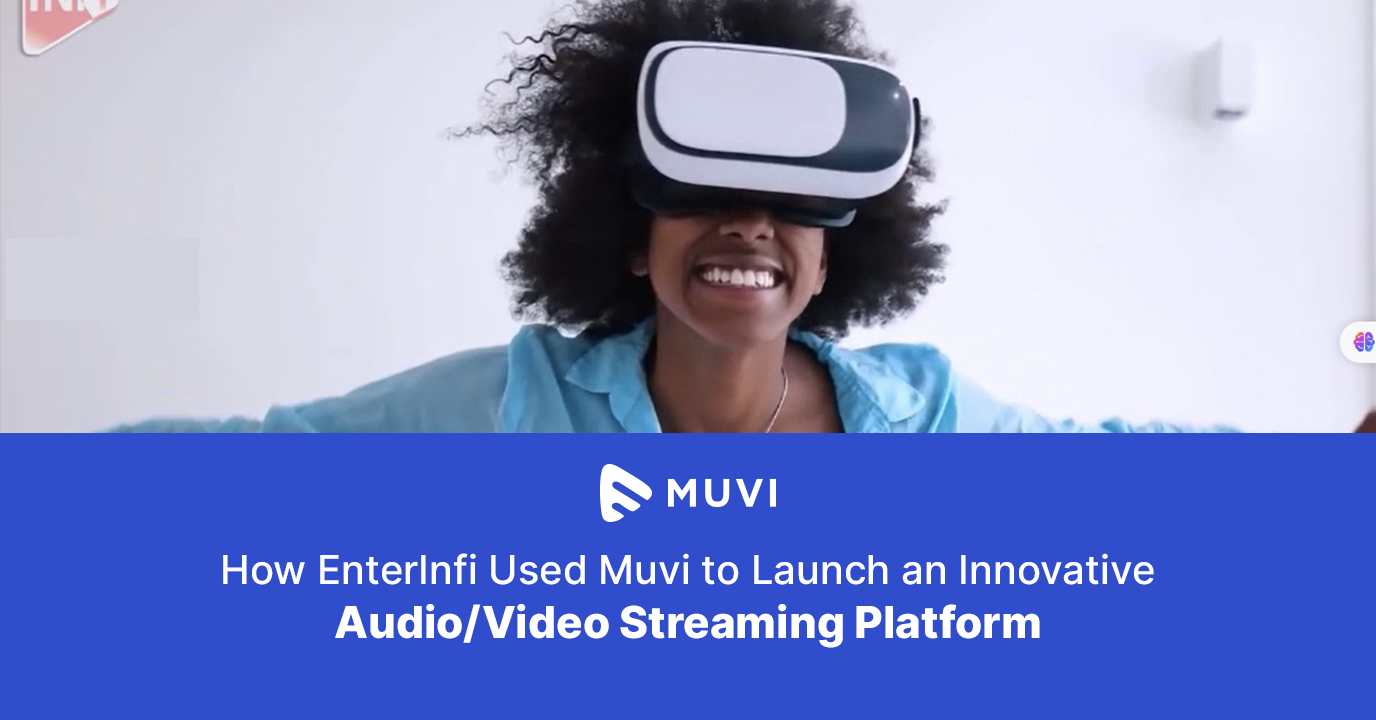





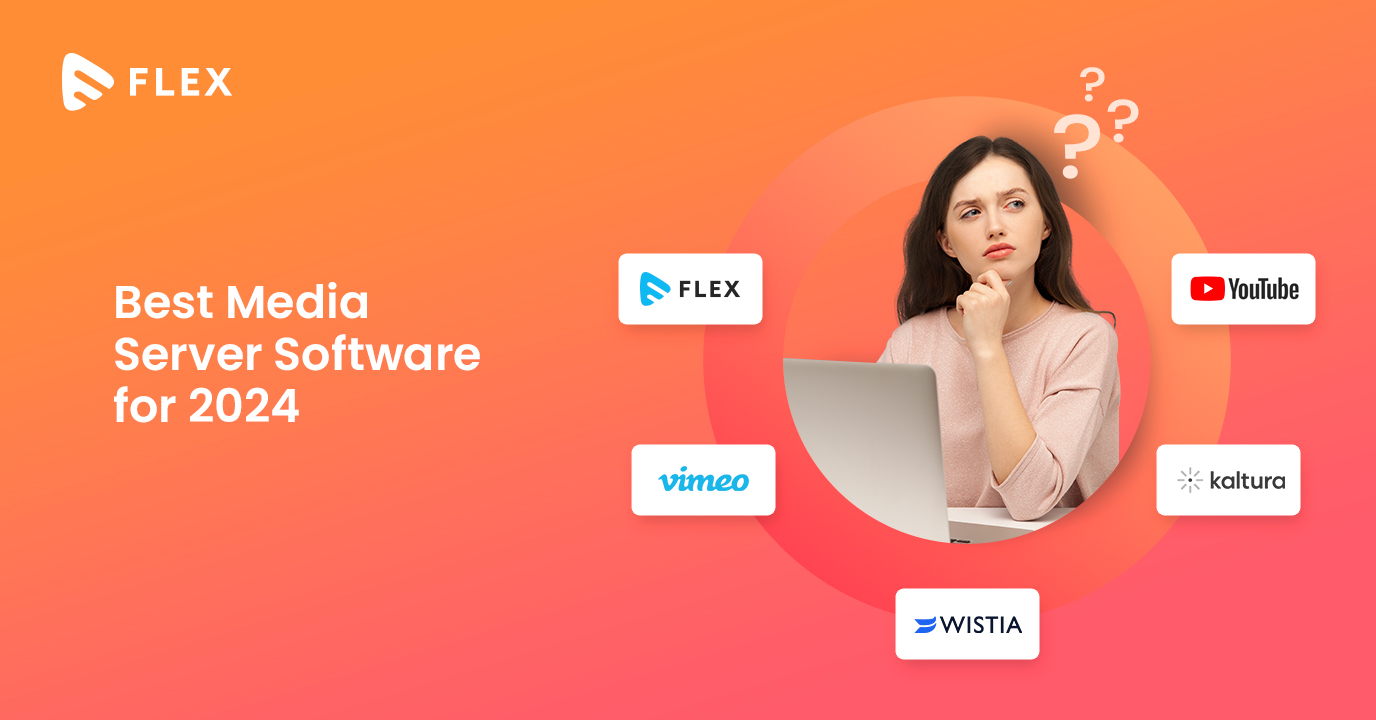
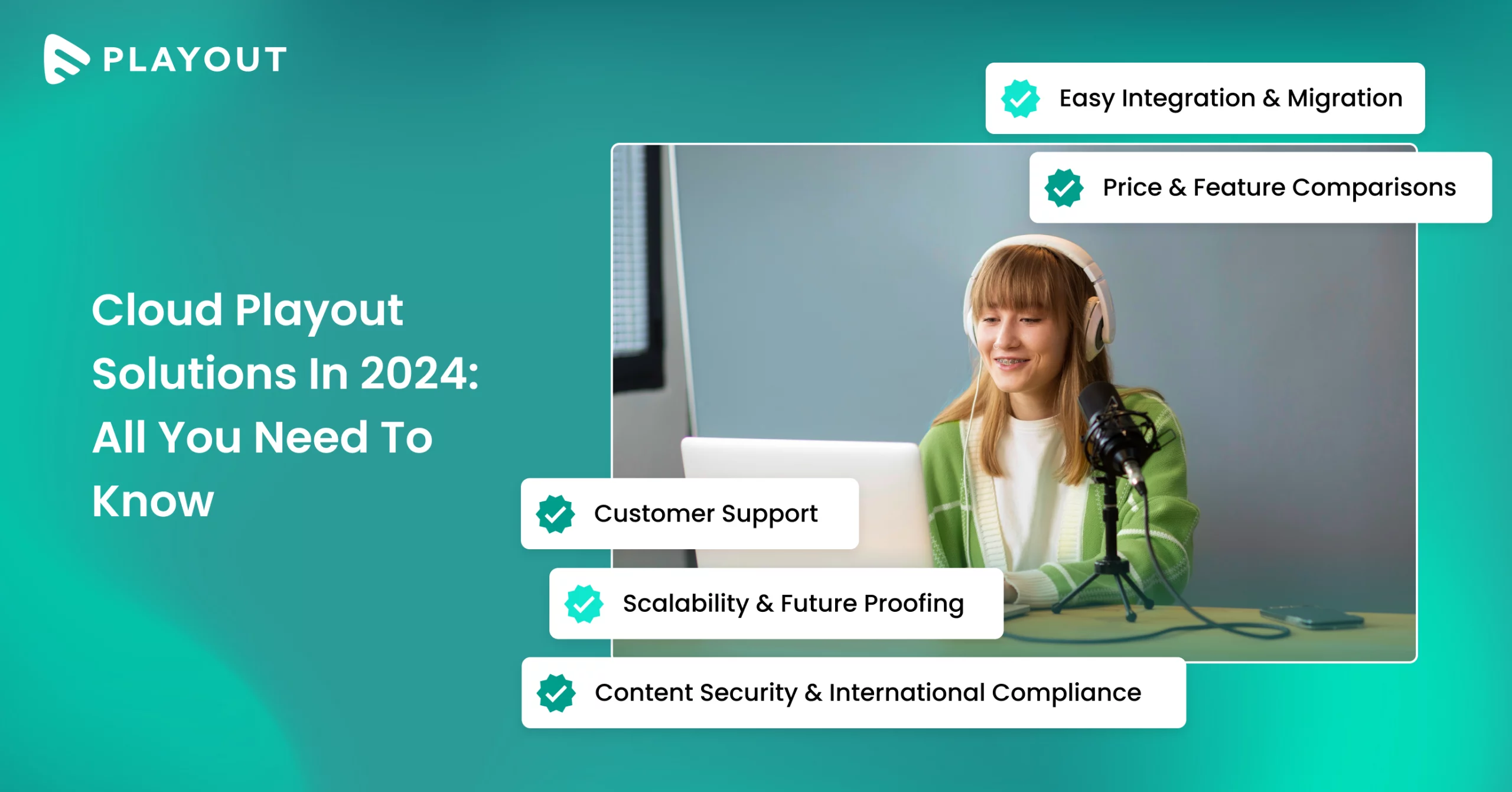
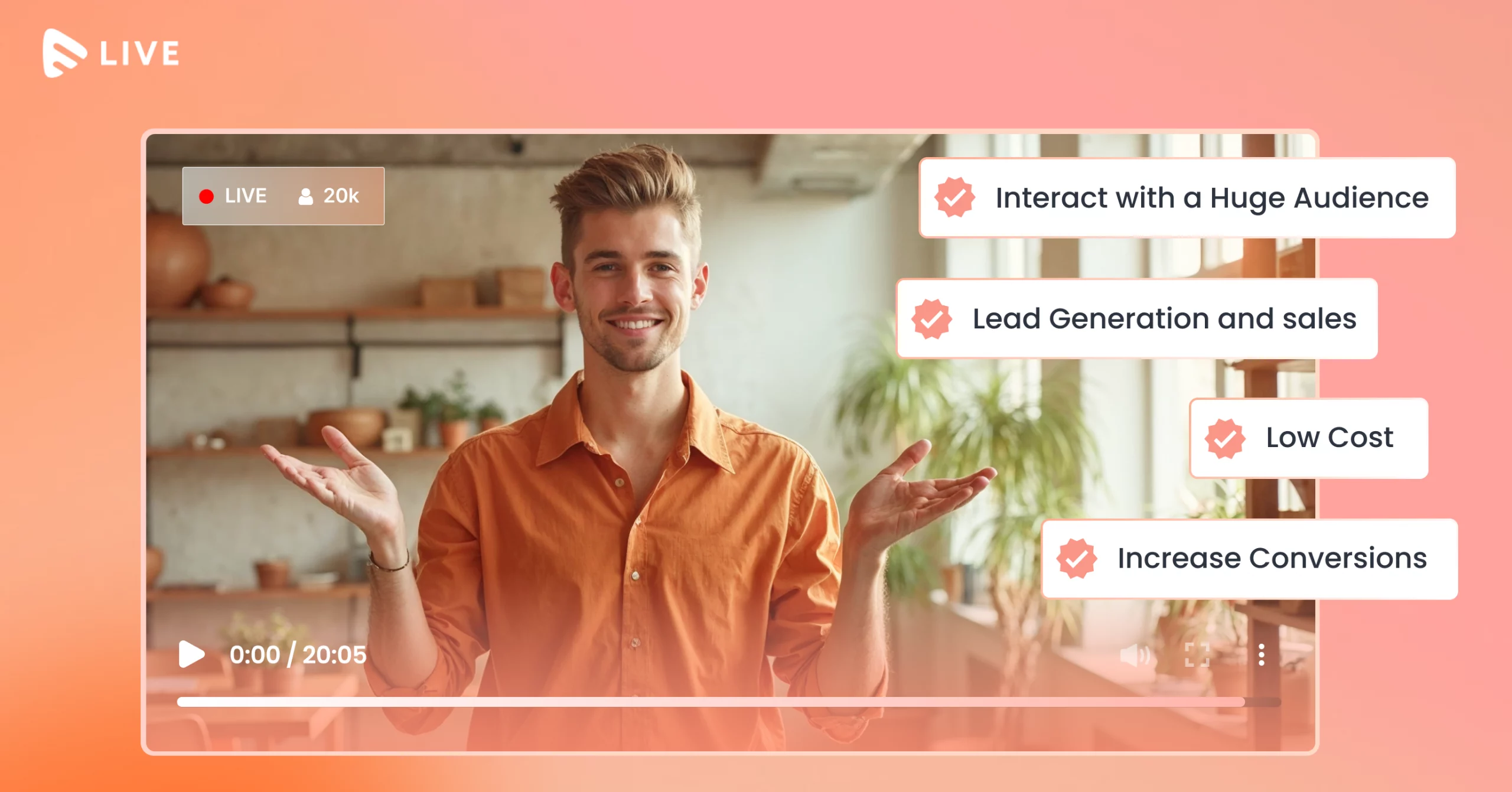



Add your comment